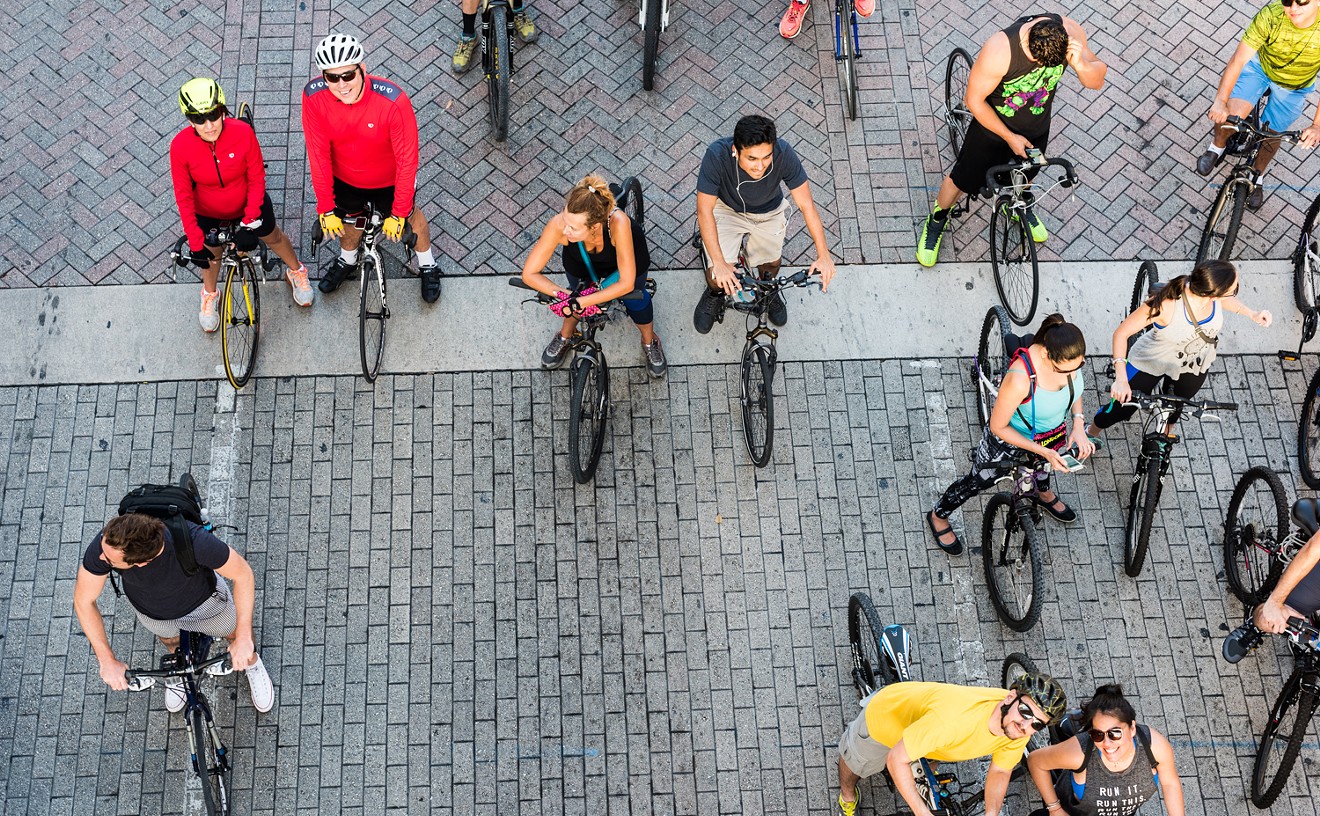But the creatures are safe in this makeshift Lakou Hounto, under the watchful eye of its priestess.
"Ah, no!" de Lynch cries, springing from her chair to scoop up the kitten. She returns to the narrative she's been spinning, a tale of vodou, the religion of her people, as it evolved from its African roots and shaped itself through the onslaught of slavery, revolution, and Catholicism in Haiti.
"I want people to know the truth about vodou," de Lynch declares with all the passion of the priestess that she is.
The stories suit de Lynch, who is writing a book about the religion and is seeking funds to get it published. Soon a drummer, a male dancer, and several women enter the garden, which is filled with sacred spaces for the deities Ogoun, Erzulie Dantor, and Baron Samdi (spirits of war, love, and death).
The priestess and her guests want the world to know vodou as they do -- as an empowering and personal religion, if not a legitimate philosophy and cultural phenomenon. They lament that the lessons of vodou, which empowered their enslaved ancestors to liberate themselves and topple French tyranny, get a bad rap in America. Here, they say, the public mistakenly equates vodou's rich religious traditions with demonology.
"It's through vodou we gained our independence," says Ingrid Llera. "But a lot of us are mentally colonized here."
Nonetheless the mythology pulses in the multicultural landscape of Miami. The strength of the culture is sustained by the stories and the practices of people like de Lynch and her back yard visitors. This is a large part of the power of vodou. Rituals that are practiced throughout our metropolitan city have a direct lifeline to ancient African tribes and regions of Haiti. The practices are as varied as their practitioners. For example in the ceremonies from Gonaives, dancers emphasize the unbreakable bond between man and Earth by never allowing their feet to leave the ground. This contrasts with the dances from Port-au-Prince, where worshippers accentuate hip and shoulder movements.
All this knowledge awaits the curious Miami urbanite at the first-ever Vodou Fest, a celebration of Haiti's religious culture, featuring lakous, musicians, artists, and dancers from all around South Florida. The festival also incorporates other Yoruba traditions such as Santería, shangó, and candomble. Sponsors include the Haitian-American Cultural Society and Musifest Productions. Performers include Boukman Eksperyans, Carole Maroule, and Boukman Ginen.










